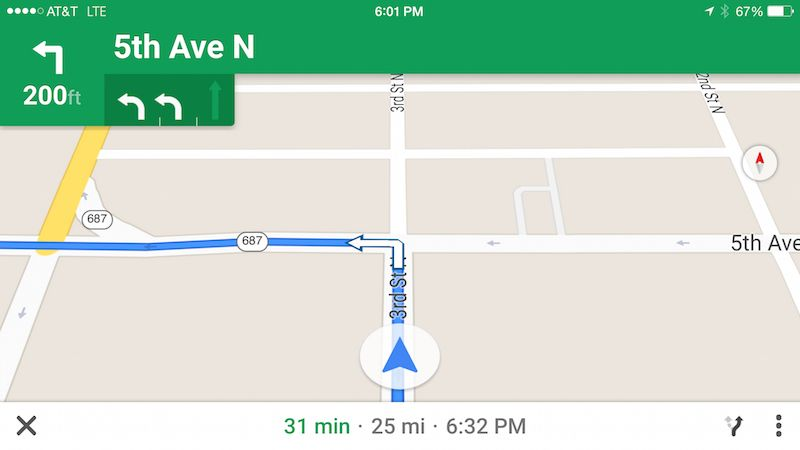Just-in-Time Education

Remember good old encyclopedias? Back in my (childhood) days, if you wanted to look up a fact like the capital of a country or the biography of Abraham Lincoln you’d flip through the pages of Encyclopedia Brittanica. It was a slow, manual process and for most of us required a trip to the library.
Given how slow this process was, schools emphasized route memorization of facts. Nowadays, of course, we have Google and Wikipedia so we can look up anything we’re curious about pretty much instantaneously. As such, we’re increasingly rethinking how important it is know certain facts. Do I really need to know the exact year Lincoln was assassinated or do I just need to know how to quickly look it up?
This shift from studying/memorization to just-in-time information has also played out in the world of navigation. Gone are the days of carefully mapping out your route before starting a road trip. Today we punch in an address into Google Maps or Waze and let it mindlessly direct us. Even more than Google and Wikipedia, Maps goes a step further and works in close concert with your own actions; make a wrong turn or hit some traffic and Maps seamlessly course corrects.
When it comes to Education, many see the future as online courses and MOOCs. People point to Udacity and Udemy as the kinds of institutions the next generation of kids will attend instead of traditional universities. While I agree that these sorts of online video courses will continue to grow (I in fact built a couple of these types of companies :), I think the future of education will actually look more like Google Maps than Udacity. You see, the shift online is not just about taking a classroom and putting it online, it’s about getting rid of the concept of a class all together. Instead of slogging through dense coursework in preparation for a future occupation or skillset, we’ll immediately get started on a new task and technology will nudge us towards our goal as we go.
This shift will come about as more and more of today’s complex tasks become increasingly deskilled. Driven by technologies like computer vision and AR, computers will gain a fuller sense of our environment, how we’re operating within it, and can deliver timely intuitive instructions just when and where we need it.
When you step back and think about it, it’s remarkable that driving automobiles has become so easy that practically the entire adult population can achieve mastery of this skill. Similarly when you look at fast food operations, someone in minimal time and with no required cooking skills can learn how to make hundreds of different dishes.
In the future, the same will be true of such activities as performing CPR, speaking a foreign language, performing handiwork around the house, producing and editing media, programming, and more. You won’t need to take classes to start using these skills or even watch a video off of YouTube. Instead, in the moment, you will be presented with step-by-step instructions just like Google Maps does with navigation today.
On one hand this sort of future is frightening. You may say, this isn’t education at all; we’re not actually learning. To me this is similar to arguments over the future of work. As a society, we’re going to be grappling with the fact that much work (not just blue-collar) can be automated. We’ll need to ask ourselves which things are worth learning because doing so enriches us – and which things are we currently doing simply because there is a job-to-be-done? It seems to me that the latter category is ripe for automation.
On the other hand this future is incredibly exciting and even inspiring. You can look at just-in-time education as raising the baseline skills of every human being*. We will each be capable of doing at least the basics in previously impenetrable fields. From there its up to us to develop our mastery further. And I imagine as we work towards mastery there will always be some frontier that depends on more traditional practice or education.
For more on this trend see Tim O’Reilly’s post on Gradually, then suddenly. My post was mostly a riff on what I picked up there.
*Actually, if I’m being a bit sensational, I should say every cyborg (part human, part computer). This future depends on us increasingly augmenting ourselves with computers. Note: We are already cyborgs as we walk around with our phones all day.